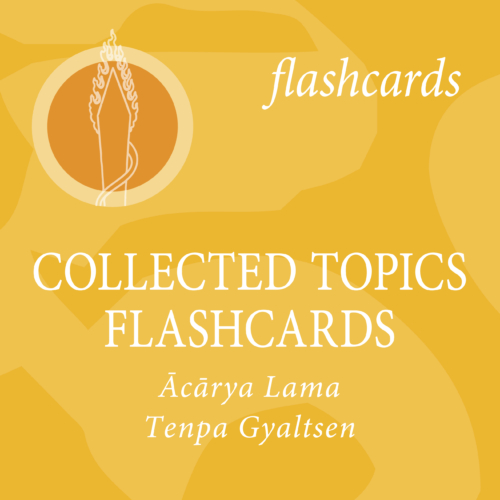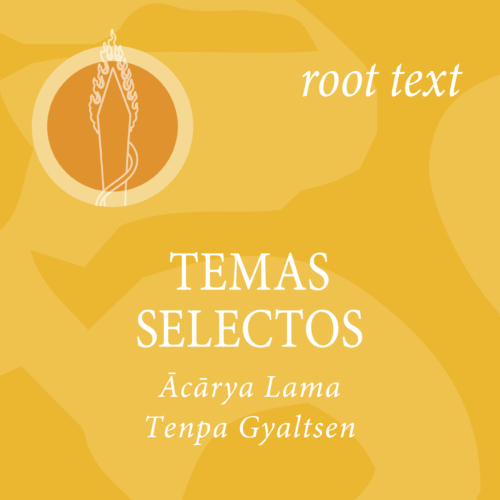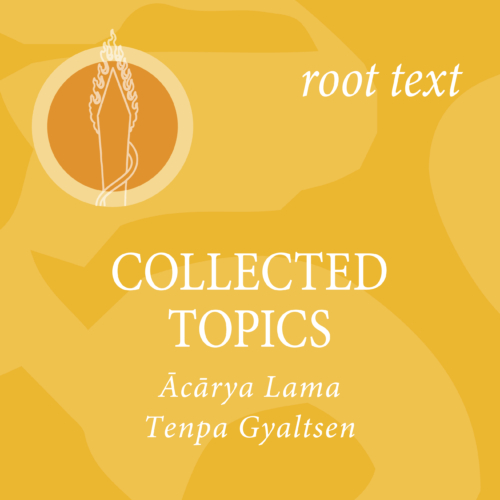-
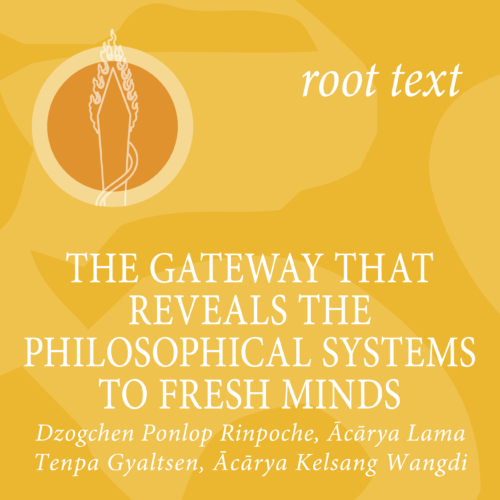 Updated Edition. Ebook available: for Apple and Android
Updated Edition. Ebook available: for Apple and AndroidAuthor: Dzogchen Ponlop Rinpoche, Acharya Lama Tenpa Gyaltsen, and Acharya Kelsang Wangdi Translator: Karl Brunnhölzl
A root text written by Dzogchen Ponlop Rinpoche, Acharya Lama Tenpa Gyaltsen, and Acharya Kelsang Wangdi. It presents the divisions and definitions of the Vaibhashika and Sautrantika philosophical systems.
-
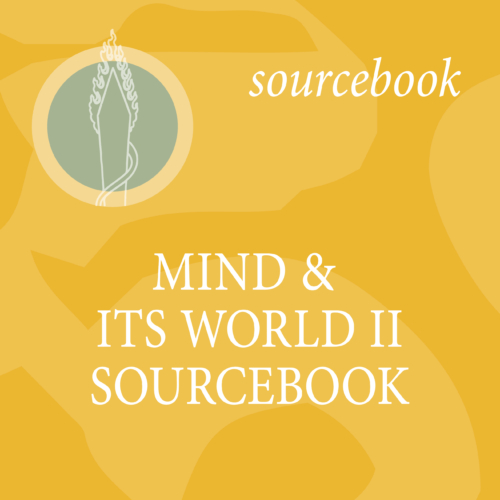 Mind and Its World II examines the theme of karma. It begins the study of causes and conditions as presented in Collected Topics, the twelve nidanas, or chain of interdependent origination, and the distinction between primary minds and mental factors. It includes a detailed presentation of the mental factors from the Classifications of Mind. Selected readings, analytical meditations, study questions, and review summaries are included in the sourcebook. Also available as an eBook for Apple or Android devices.
Mind and Its World II examines the theme of karma. It begins the study of causes and conditions as presented in Collected Topics, the twelve nidanas, or chain of interdependent origination, and the distinction between primary minds and mental factors. It includes a detailed presentation of the mental factors from the Classifications of Mind. Selected readings, analytical meditations, study questions, and review summaries are included in the sourcebook. Also available as an eBook for Apple or Android devices. -
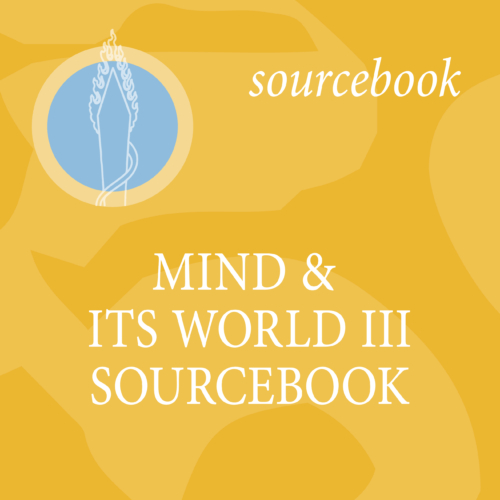
This version is for Self-Paced Online Course (SPOC) only. The UPDATED version for non Self-Paced Online Course will be available in the Fall 2023.
Mind and Its World III first concludes the investigation into causes and results as presented in Collected Topics. It then turns to the analysis of the ways in which mind cognizes phenomena, particularly the ways in which conceptuality functions, by investigating the modes of engagement from Classifications of Mind and the methods that lead to cognition from Collected Topics. Selected readings, analytical meditations, study questions, and review summaries are included in the sourcebook. Also available as an eBook for Apple or Android devices.
